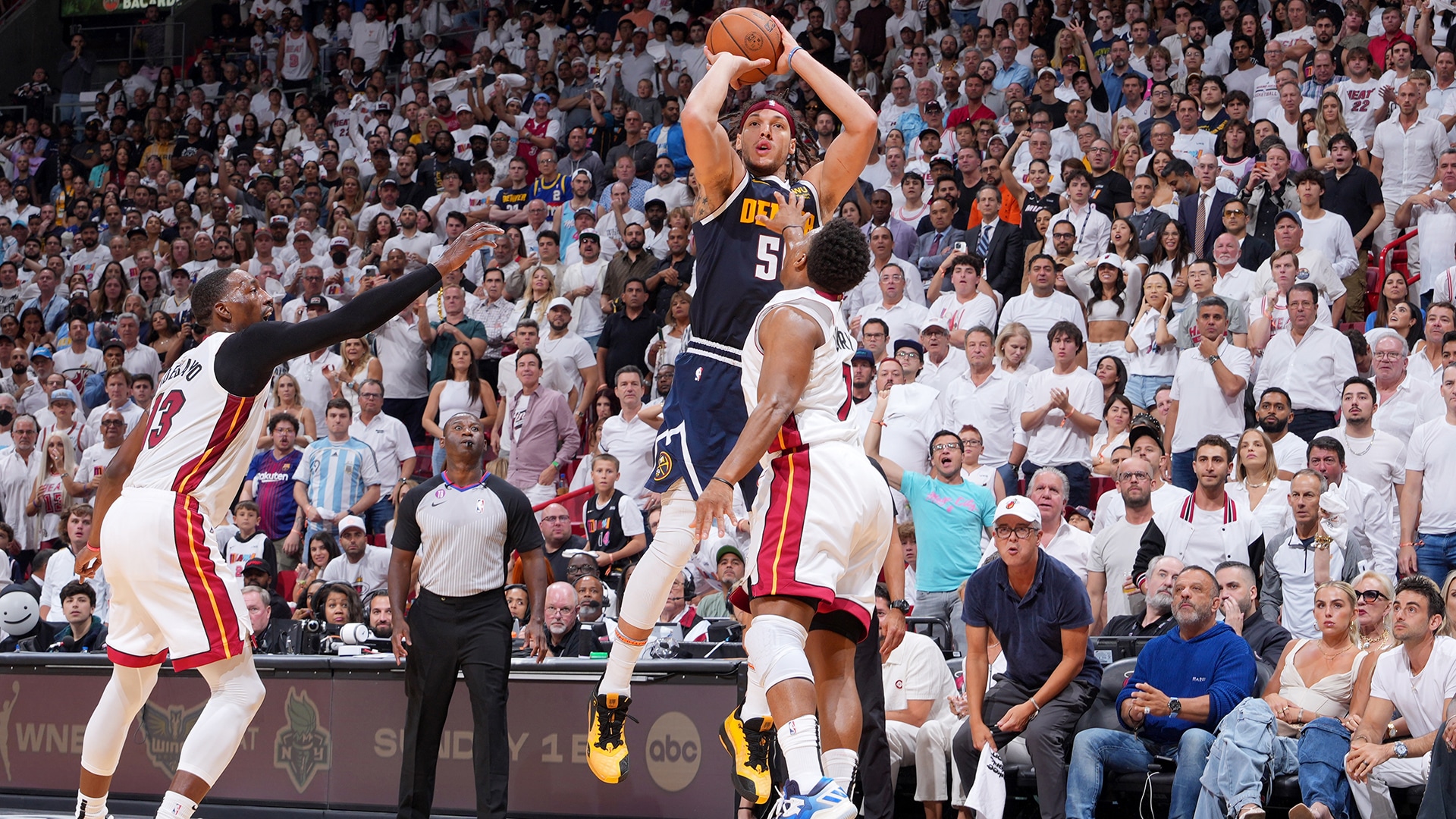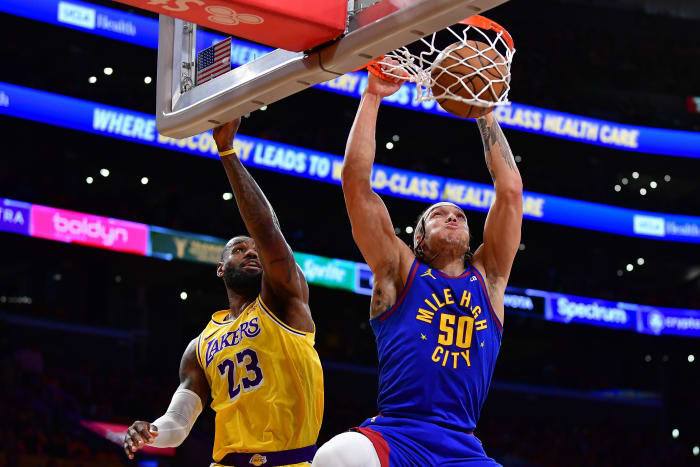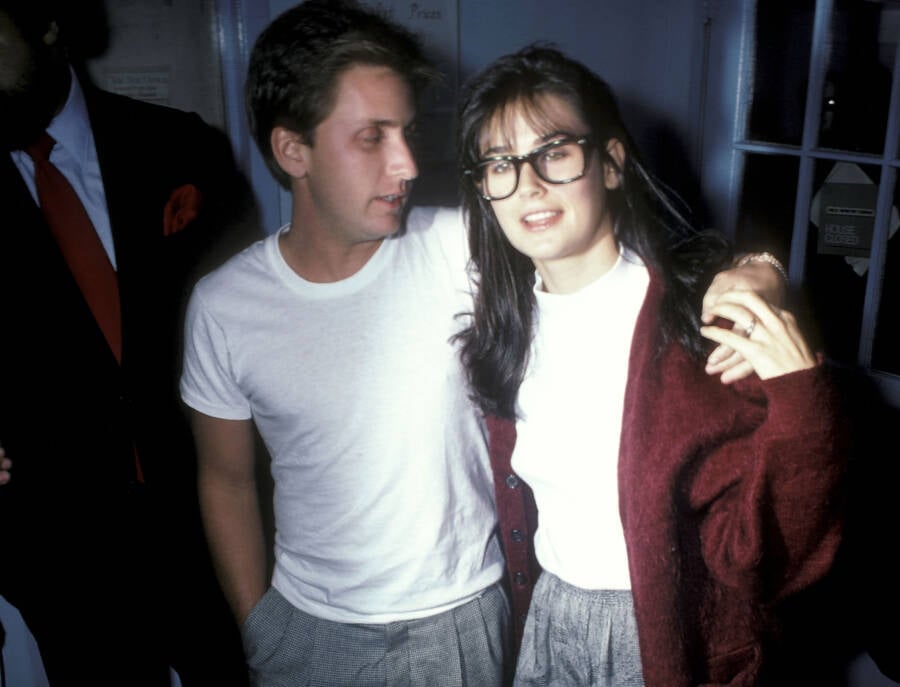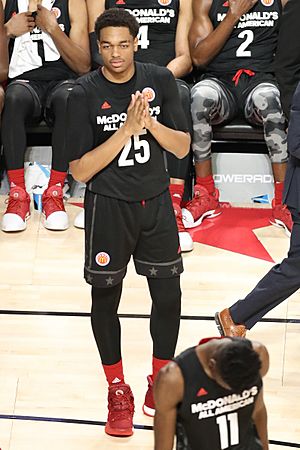Aaron Gordon, a name synonymous with athleticism and resilience, has carved a niche for himself in the NBA. His journey from a promising high school athlete to a professional basketball player with the Orlando Magic and later the Denver Nuggets is a testament to overcoming adversity. This article delves into the various challenges Gordon faced throughout his career and how he emerged stronger, both on and off the court.
Early Life and Initial Challenges

Aaron Gordon was born on September 16, 1996, in San Jose, California. He was raised in a family where sports were a significant part of life, with his father, Ed Gordon, being a former college football player and his mother, Shelley, a former collegiate basketball player. From a young age, Aaron was exposed to a competitive environment that helped shape his athletic prowess.
However, the road to success was not without its bumps. Gordon faced challenges that would test his resolve:
- Injury Setbacks: During his early high school years, Gordon suffered injuries that hindered his development and limited his playing time. These setbacks could have derailed his career, but instead, they motivated him to work harder.
- High Expectations: As a five-star recruit, the pressure to perform at a high level was immense. Navigating the expectations of scouts, coaches, and fans was a challenge that weighed heavily on him.
College Career: Rise and Challenges

Gordon opted to play college basketball at the University of Arizona, where he had an impressive freshman season. He averaged 12.4 points, 8.4 rebounds, and 1.0 blocks per game, showcasing his talent and versatility. However, his time at Arizona was not without its struggles:
- Adapting to a New Environment: Transitioning from high school to college basketball presented a new set of challenges. The level of competition was significantly higher, and Gordon had to adapt quickly to the physicality and speed of the game.
- Team Dynamics: As a freshman, finding his role within a talented roster was a challenge. Gordon had to navigate team politics and establish his identity as a player.
Despite these obstacles, Gordon’s determination shone through. He became known for his defensive skills and high-flying dunks, earning him recognition as one of the most exciting players in college basketball. His performance caught the attention of NBA scouts, and he declared for the draft following his freshman season.
NBA Draft and Initial Struggles
In 2014, Aaron Gordon was selected fourth overall by the Orlando Magic in the NBA Draft. This was a significant achievement, but it also came with its own set of challenges. The transition to the NBA is notoriously difficult, and Gordon faced several hurdles:
- Rookie Learning Curve: Gordon had to adjust to the pace and intensity of the professional game. His rookie season was marked by inconsistency, as he struggled to find his footing.
- Injuries: Gordon’s early years in the NBA were plagued by injuries, including a foot injury that sidelined him for a significant portion of the 2016-2017 season. These injuries hindered his development and raised questions about his durability.
Despite these struggles, Gordon’s work ethic and dedication to improvement became evident. He focused on his conditioning and skill set, determined to prove that he belonged in the NBA.
Turning Point: Finding His Identity
After several seasons of ups and downs, the 2019-2020 season marked a turning point in Gordon’s career. He began to find his identity as a player and a leader on the court. Key factors contributing to this transformation included:
- Increased Role: With the Magic, Gordon’s role expanded significantly. He was asked to take on more responsibilities, both as a scorer and a playmaker, which helped him gain confidence.
- Coaching Support: The support from coaching staff played a crucial role in Gordon’s development. Coaches recognized his potential and provided him with the tools and guidance necessary to succeed.
- Work Ethic: Gordon put in countless hours in the gym, honing his shooting and ball-handling skills, which translated to improved performance on the court.
During the 2019-2020 season, Gordon averaged a career-high 14.4 points per game, showcasing his growth as a player. He also received national attention for his electrifying performance in the NBA Slam Dunk Contest, where he finished as a controversial runner-up.
Overcoming Mental Adversity

While physical challenges are often the most visible, mental adversity can be equally daunting. Gordon faced his share of mental hurdles throughout his career:
- Pressure to Perform: As a high draft pick, the weight of expectations was immense. Gordon had to learn to manage this pressure and maintain a positive mindset.
- Dealing with Criticism: Public scrutiny and criticism are part of being a professional athlete. Gordon had to develop resilience to stay focused on his goals despite external opinions.
To combat these challenges, Gordon embraced mindfulness and mental health practices. He began working with sports psychologists and incorporated meditation into his routine. This focus on mental well-being allowed him to approach the game with a clear mind and greater confidence.
A New Chapter: Joining the Denver Nuggets
In March 2021, Aaron Gordon was traded to the Denver Nuggets, a move that marked a new chapter in his career. This transition brought both excitement and new challenges:
- Adapting to a New Team: Gordon had to quickly acclimate to the Nuggets’ system and build chemistry with star players like Nikola Jokić and Jamal Murray.
- Expectations of Success: Joining a contending team raised the stakes. Gordon was expected to contribute immediately and help the Nuggets achieve their championship aspirations.
Despite the pressures, Gordon thrived in his new environment, embracing his role as a versatile forward. The Nuggets made a deep playoff run in the 2020-2021 season, showcasing Gordon’s contributions on both ends of the court.
Conclusion: The Legacy of Resilience

Aaron Gordon’s journey in the NBA is a powerful story of resilience and determination. From overcoming injuries and the pressures of high expectations to finding his identity as a player, Gordon’s experiences serve as an inspiration to many. His commitment to mental health and continuous improvement highlights the importance of resilience in sports and life.
As he continues his career with the Denver Nuggets, Gordon’s story reminds us that adversity can be a catalyst for growth. By facing challenges head-on and maintaining a positive mindset, athletes like Aaron Gordon can emerge stronger and achieve their dreams. His journey is a testament to the power of perseverance and the belief that, with hard work and dedication, success is attainable.




